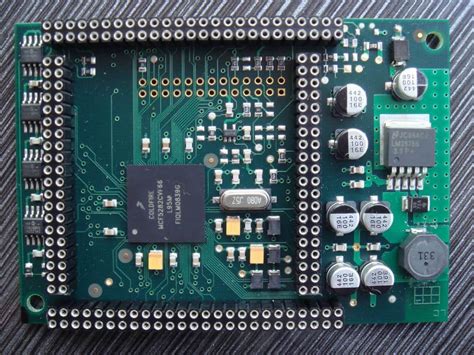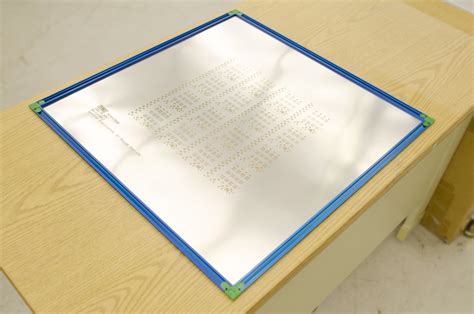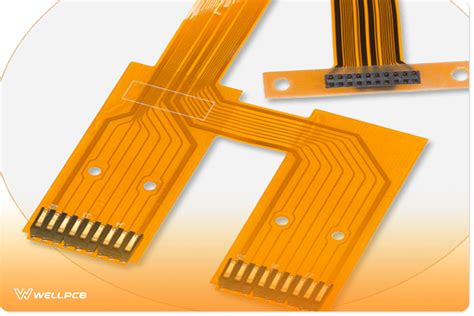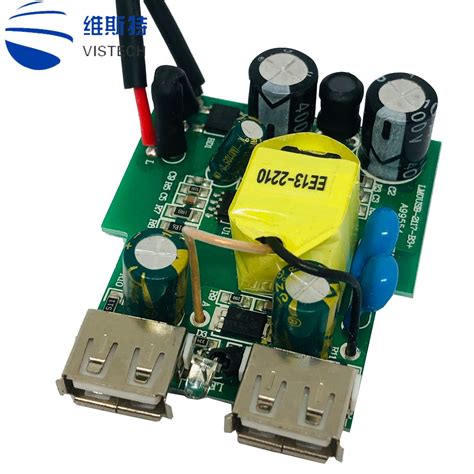Efficient PCB Assembly Solutions in the US Marketplace
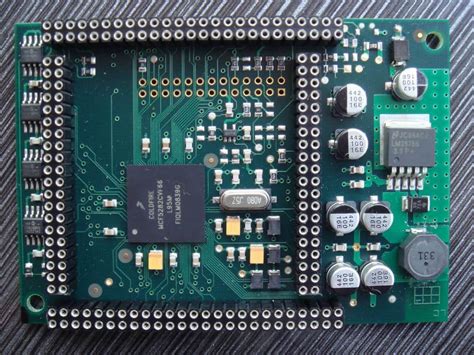
Key Takeaways
In the rapidly evolving landscape of electronics, PCB assembly plays a critical role in ensuring that devices meet both performance and reliability standards. Efficient PCB assembly solutions in the US marketplace not only enhance production but also cater to a diverse array of industries, from consumer electronics to aerospace. The emphasis on quality and innovation within these services leads to tailored solutions by local providers that are crucial in addressing the unique demands of different sectors.
When exploring efficient PCB assembly practices, it’s essential to recognize how advancements such as automation and the adoption of smart technology improve production flow. Table 1 below outlines some key benefits associated with the use of efficient PCBA strategies:
| Benefit | Description |
|---|---|
| Streamlined Processes | Reduces time-to-market for new products |
| Increased Quality Control | Minimizes errors through better monitoring capabilities |
| Cost Efficiency | Lowers overall manufacturing costs |
| Flexibility | Adapts quickly to changing market demands |
"Investing in superior PCB assembly services not only enhances product quality but also ensures compliance with industry standards," a leading market analyst states.
These insights demonstrate how local service providers assist businesses in meeting evolving technology demands while maintaining stringent quality assurance practices. By focusing on innovations driving quality in PCB assembly, organizations can ensure they stay competitive in this dynamic marketplace.

Overview of PCB Assembly in the US Marketplace
The PCB assembly process in the US marketplace is characterized by a commitment to quality, efficiency, and technological advancement. As manufacturers strive to meet the demands of diverse industries, local PCBA services play a pivotal role. The landscape is shaped by a growing need for precision and reliability, which drives companies to seek out advanced solutions tailored specifically for their production requirements. In this competitive environment, pcb assembly providers focus not only on traditional production methods but also on integrating innovative technologies that enhance the overall workflow. This includes automation and improved quality control measures, which are essential for maintaining high standards amid evolving market needs. By leveraging local expertise, businesses can significantly enhance their production processes, streamline operations, and respond swiftly to emerging challenges in technology. The emphasis on customer-centered services further amplifies the effectiveness of pcba solutions, ensuring that they align seamlessly with the strategic objectives of various sectors.
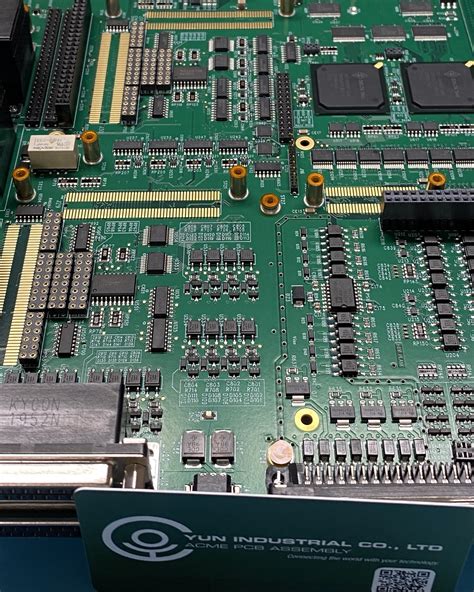
Key Benefits of Efficient PCB Assembly Solutions
Efficient PCB assembly solutions provide numerous advantages that significantly enhance the operational capabilities of manufacturing enterprises across various industries. One of the primary benefits is the improved turnaround time, which enables companies to bring their products to market faster. By leveraging advanced techniques in PCBA, manufacturers are able to streamline their processes, thereby reducing lead times and increasing responsiveness to customer demands. Additionally, efficient assembly solutions emphasize quality control, ensuring that each product meets stringent standards. This commitment to quality minimizes defects and waste, contributing to longer product lifespans and elevated customer satisfaction.
Moreover, local PCB services play a critical role in fostering innovation within manufacturing environments. By utilizing regional expertise, companies can access cutting-edge technologies and methodologies that drive efficiency and adaptability. As industries evolve and technology demands shift, efficient PCB assembly not only meets current market needs but also positions businesses for future growth. These benefits combined make a compelling case for investing in reliable PCBA services that prioritize both quality and efficiency, ultimately leading to stronger competitive advantages in the marketplace.
Innovations Driving Quality in PCB Assembly
In the rapidly evolving landscape of PCB assembly in the US, innovation plays a crucial role in enhancing the quality and efficiency of production processes. Advances in technology have led to the development of sophisticated PCBA techniques that improve precision and reliability. For instance, automated assembly lines utilize robotics and advanced software systems to increase operational speed while minimizing errors. These innovations not only streamline production but also ensure that each pcba meets stringent quality standards. Furthermore, companies are incorporating smart manufacturing principles, which leverage data analytics and Internet of Things (IoT) solutions to monitor and optimize every step of the assembly process. As these technologies continue to progress, they will drive down costs and reduce lead times, providing manufacturers with a competitive edge in various industries. By embracing these advancements, businesses are well-positioned to address the growing demands for high-quality electronics in sectors ranging from consumer goods to aerospace. Overall, it is clear that continuous innovation is pivotal for maintaining excellence in PCB assembly, fostering an environment where quality and efficiency thrive together.
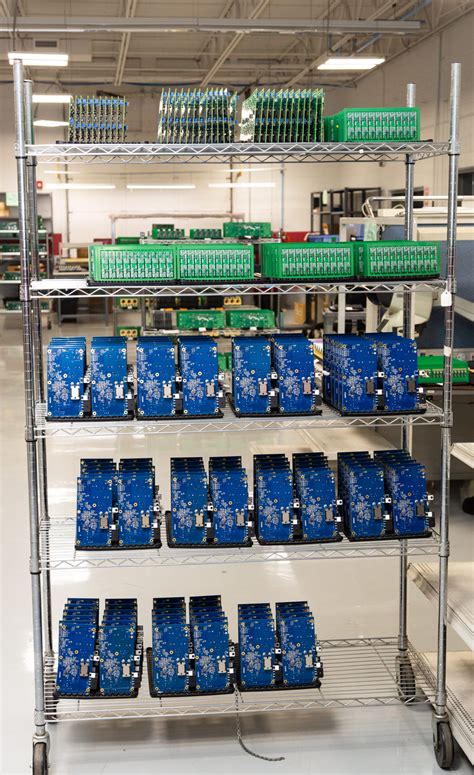
Industry-Specific Applications of PCB Assembly Services
In various sectors, the role of PCB assembly (or PCBA) services has become increasingly vital, providing tailored solutions that meet specific industry needs. For instance, in the healthcare industry, precise PCB assembly is essential for medical devices that require stringent compliance with regulatory standards. Here, the integration of advanced quality control processes ensures that each component is reliable and functions as intended. Similarly, in the automotive sector, innovations in PCBA have paved the way for the development of sophisticated systems like advanced driver-assistance systems (ADAS), enhancing vehicle safety and performance. The pcb assembly process allows for customization and rapid adjustments to meet technological advancements and evolving design requirements. Moreover, in the telecommunications industry, where speed and efficiency are paramount, local PCB assembly services facilitate quicker turnaround times and production flexibility to align with fast-paced market demands. This versatility across diverse applications highlights how critical effective PCBA is in driving quality enhancements and operational efficiencies tailored to the unique challenges within each sector. Understanding these industry-specific applications can help businesses leverage local pcb assembly resources to innovate and maintain a competitive edge in their respective marketplaces.
Enhancing Production Processes through Local PCB Services
The rapid evolution of technology has necessitated a significant enhancement of production processes across various industries, and local PCB assembly (PCBA) services have emerged as a vital component in this transformation. By leveraging the expertise and resources of nearby service providers, companies can streamline their pcb assembly processes, leading to improved efficiency and reduced turnaround times. Local services not only facilitate quicker response times but also foster stronger collaboration between manufacturers and designers, ensuring that any modifications or updates to the pcba are executed seamlessly. Furthermore, these local services are well-equipped to cater to industry-specific requirements, adapting their techniques to meet stringent standards demanded by sectors such as telecommunications, automotive, and healthcare. As businesses increasingly recognize the value of localized support in enhancing productivity and maintaining high-quality output in their pcb assembly, they are more inclined to invest in these solutions. Consequently, local PCB services play an essential role in keeping pace with the ever-changing technological landscape while enabling manufacturers to meet both current and future market demands effectively.
Meeting Evolving Technology Demands with Advanced Solutions
As the demand for pcb assembly continues to grow, businesses are increasingly seeking advanced solutions that can adapt to the rapid changes in technology. The electronics landscape is in a constant state of flux, driven by innovations in areas such as IoT, artificial intelligence, and high-frequency applications. To effectively respond to these challenges, companies are turning to pcba services that offer agility and precision. By leveraging cutting-edge manufacturing techniques and automated processes, local providers can ensure a faster turnaround time while maintaining the highest standards of quality. This dynamic approach enables manufacturers to produce tailored circuit boards that meet specific industrial requirements without compromising efficiency. Moreover, collaboration with local pcb assembly services fosters a deeper understanding of the unique challenges faced by different sectors, facilitating customized solutions that enhance overall productivity. Such advancements not only streamline production processes but also align with the evolving technology landscape, ensuring that businesses remain competitive and capable of delivering innovative products to their customers. The integration of these advanced solutions signifies a proactive step towards meeting the demands of an increasingly sophisticated marketplace.
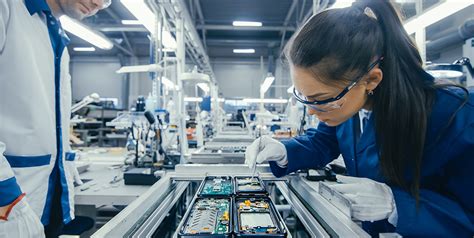
Quality Assurance in PCB Assembly: Best Practices
In the realm of pcb assembly, the assurance of quality is paramount, given the critical role these components play across various industries. Implementing best practices in pcb assembly ensures that products meet high standards of performance and reliability. One effective practice is the adoption of advanced inspection techniques, such as Automated Optical Inspection (AOI) and X-ray inspection, which facilitate thorough checks on solder joints and component placements. Additionally, employing pcba process control measures, including Statistical Process Control (SPC), allows manufacturers to monitor production methods actively and identify variance before defects occur. Regular training sessions for personnel also foster a culture of quality, equipping teams with the latest methodologies in assembly and testing techniques. A commitment to using high-quality materials further enhances the integrity of the final product, as it reduces failures in end-use applications. Overall, integrating these best practices into pcb assembly processes helps manufacturers maintain consistent quality levels that meet customer expectations and elevate industry standards.
Future Trends in PCB Assembly Within the US Market
As the demand for PCB assembly services evolves, several future trends are emerging within the US market. One significant trend is the incorporation of smart technology into pcba processes, which enhances automation and increases production efficiency. By utilizing advanced robotics and artificial intelligence, manufacturers can streamline their operations, reducing labor costs while boosting output quality. Additionally, there is a growing emphasis on sustainability in pcb assembly practices. Companies are seeking eco-friendly materials and processes that minimize waste and reduce their carbon footprint. This not only aligns with global environmental goals but also appeals to a consumer base increasingly motivated by sustainability.
Another noteworthy trend is the shift towards flexible manufacturing systems. This adaptability allows for quicker response times to market changes and custom orders, which is crucial in industries such as electronics, automotive, and medical devices. Moreover, collaboration between manufacturers and insurers of advanced technologies continues to increase, fostering innovation in design and production techniques. As these trends develop, businesses within the US pcb assembly landscape will need to remain agile, investing in cutting-edge solutions to meet the evolving demands of various industries while maintaining a focus on quality and efficiency in their pcba offerings.
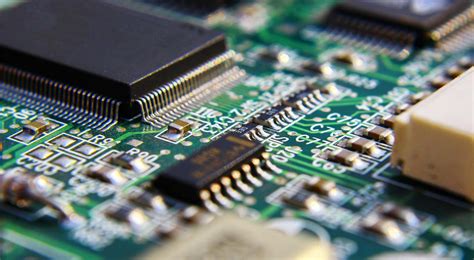
FAQs
What is PCB assembly and why is it important?
PCB assembly, or PCBA, is the process of connecting electronic components to a printed circuit board (PCB) to create functional electronic devices. It plays a crucial role in modern electronics, ensuring reliability and performance across various applications.
How does efficiency affect PCB assembly?
Efficiency in PCB assembly lowers production costs and reduces time-to-market for products. It involves optimizing processes, using advanced technology, and local resources that contribute to quicker turnaround times while maintaining high standards.
What innovations are shaping the PCB assembly industry?
Recent innovations in technology, such as automation and advanced materials, are improving the quality and speed of PCBA. These changes enhance precision in placement, soldering techniques, and overall production efficiency.
What industries benefit from local PCB assembly services?
Numerous industries such as aerospace, automotive, consumer electronics, and telecommunications leverage local PCB assembly services. These services enhance production processes by providing tailored solutions that meet specific industry demands.
How do local services enhance production processes?
Local PCB assembly services offer proximity for communication, faster logistics, and better understanding of regional compliance standards. This optimization leads to improved collaboration with manufacturers while addressing unique project requirements effectively.

